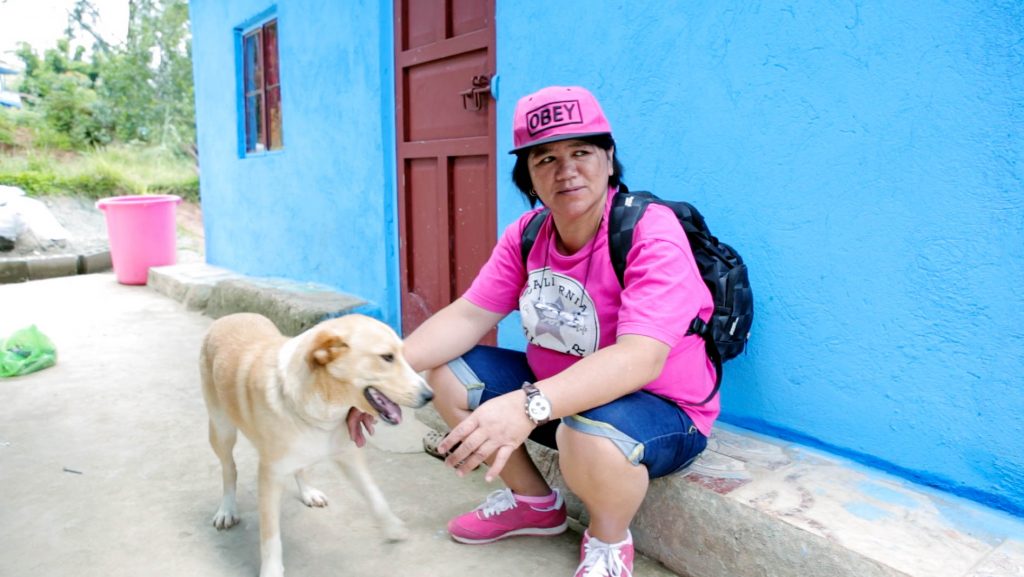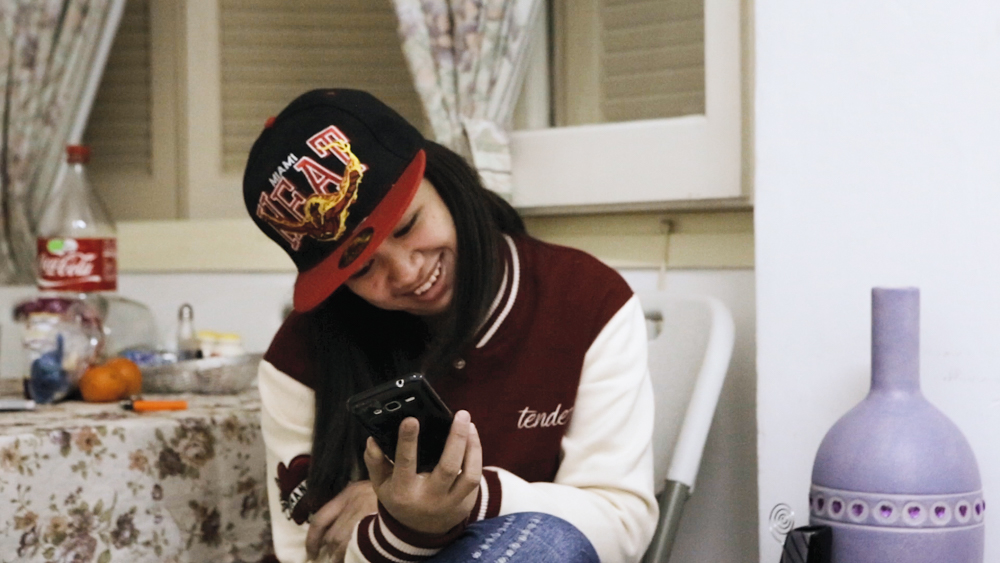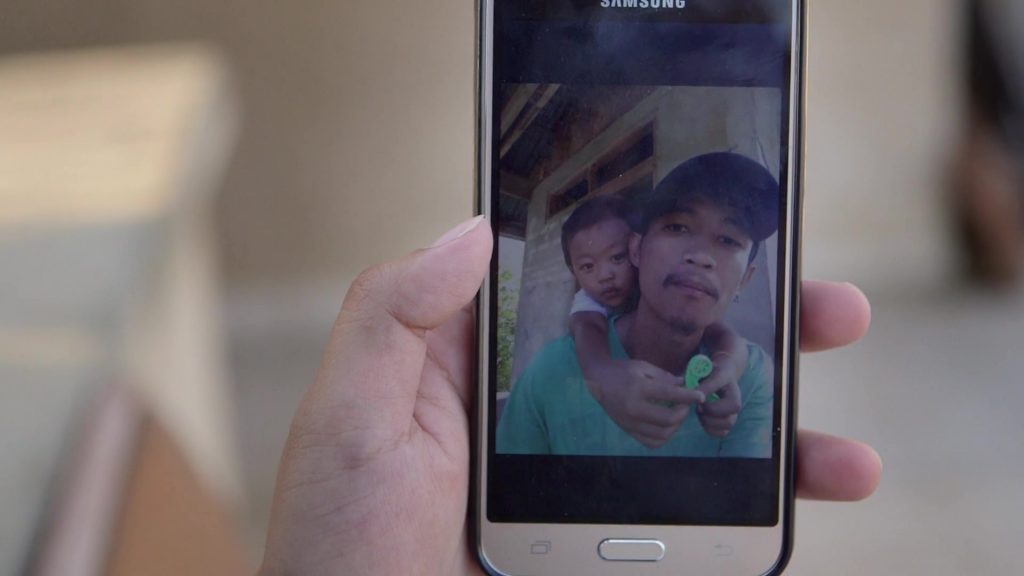Together Apart





Care workers from around the world leave their homes to look after children, the needy and households in the distance in the hope of a better future. “Together Apart” portrays a mother and daughter from the Philippines, who work as household staff in Cyprus and illustrates the effects and difficulties associated with transnational family relationships and mostly unacceptable working conditions.
When 25-year-old Guil Ann Simeon repeatedly stresses out that she hopes she will not have to stay for more than 10 years before she returns to her husband and children with hopefully enough money for a small business of their own, she speaks twice way from her own experience. Before her Carren Pacuyan, her morther, has already gone this path: Just as now her own children, Guil Ann Simeon grew up with a parent who most of the time could only be present in photos. Together Apart raises questions about the consequences of female, international “care chains”, about the design of transnational family relationships, and about possible counter-strategies in the face of mostly unacceptable employment relationships.
Together Apart shows how families in the Philippines – as in many other regions of the world – can only secure their existence through work migration, but at the same time are torn apart by it – generation after generation. With her camera, Maren Wickwire takes an intimate look at the everyday lives of the two women without focusing solely on their vulnerability due to unacceptable working conditions, sexual harassment and suicide attempts. (cf. Wickwire in conversation with Christiane Sternberg for the Goethe Institut Cyprus). Instead, the focus is on their strategies of defying the adverse circumstances and surviving in the exploitative system, as well as their relationships with each other and with their families. Wickwire: “[I] wanted them to become visible as actors and to be able to tell their story with pride”. (ibid.)
“For my research I interviewed more than 20 women who have all had a different experience with their employers in Cyprus. Some women work under better conditions and have experienced less traumatic relationships, but most of the women I talked to work under very challenging and exploitative conditions. They are systematically held in the lower working class, without any possibility of getting a job in the ‘normal’ labour market of Cyprus. With my film I wanted to give insights into the world of domestic workers, their weekly routines, their hopes and dreams but also their motivation to work abroad under these precarious circumstances. My hope is that my film will change the perceptions of Cypriots of the more than 40,000 domestic workers who care for the welfare of their children and elderly. And that women are not just seen as cheap labour, but as equal people.” (Wickwire in an interview with Christiane Sternberg for the Goethe Institut Cyprus)
Maren Wickwire
Maren Wickwire was born in Germany and studied Visual Anthropology. Her film projects, which are all dedicated to the themes of migration, mobility, transnationalism and peace-building, are preceded by long ethnological field research. She is also the founder of Manifest Media, a film studio that produces documentaries, instructional videos and multimedia installations in collaboration with international organizations such as the UNHCR for sensitizing people to human rights issues. She sees her own films as correctives to mainstream representations of oppressed and marginalized people. Today she is based in the US.
Credits
REGIE / DREHBUCH: Maren Wickwire.
SCHNITT: Iara Rodriguez Vilardebó.
KAMERA: Maren Wickwire.
SOUND: Christos Kyriacoullis.
PRODUKTION: Manifest Media
Further literature
Interview mit Maren Wickwire, Goethe Institut Zypern. Link
Translated by Jana Walch


